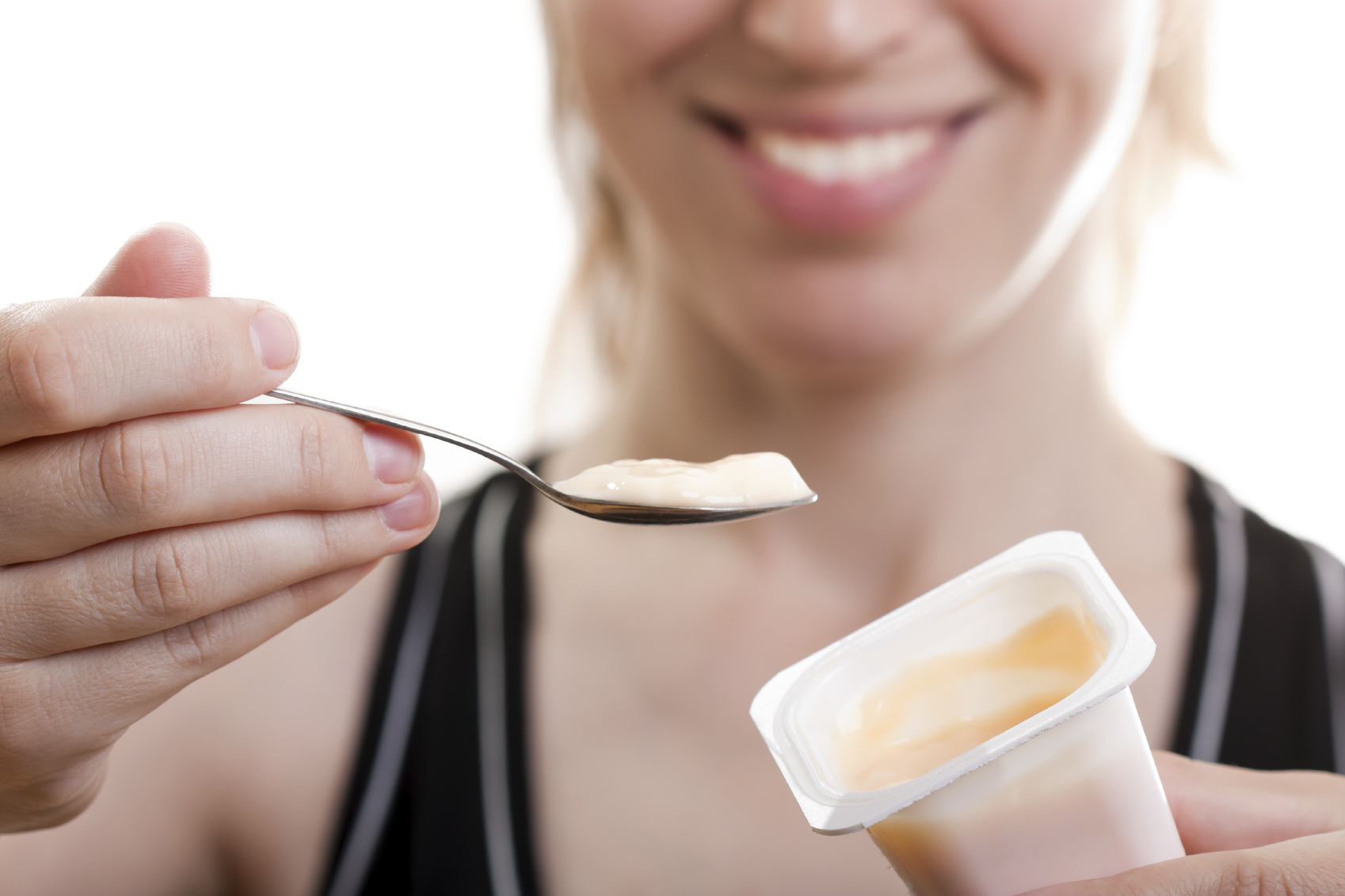
Beyond the other innumerable health benefits offered by fermented foods, studies are showing that probiotics can actually help you lose weight. A study done at Stanford University has shown that the amount of good bacteria is higher in those who maintain a healthy weight and it’s lower in those who are overweight. Researchers are suggesting that it’s possible to increase your intake of healthy bacteria (probiotics) to lower your weight. According to Stanford researchers, probiotics can help adult gastric-bypass patients lose even more weight.
Weight reduction surgery is performed on about 200,000 Americans a year and is recommended only for people considered morbidly obese.
Bacteria in the intestine play a crucial role in digestion. They provide enzymes necessary for the uptake of many nutrients, synthesize certain vitamins and boost absorption of energy from food. In a study, published Aug. 26 in the journal Nature Immunology, a research team based at the University of Chicago was able to unravel some of the mechanisms that regulate this weight gain. They focused on the relationship between the immune system, gut bacteria, digestion and obesity. They showed how weight gain requires not just caloric overload but also a delicate, adjustable — and transmissible — interplay between intestinal microbes and the immune response.
These changes provide inertia for the obese state. Gut bacteria may play a role in obesity by helping your body regulate metabolism and reducing the likelihood of metabolic syndrome.
In another proceeding of the National Academy of Sciences, researchers at Arizona State University’s Biodesign Institute, the University of Arizona and the Mayo Clinic in Arizona reported a very small study of nine individuals — three of normal weight, three who were morbidly obese and three who underwent gastric-bypass surgery. The team found that each group harbored a different intestinal zoo of microbes and that following their surgery, the gastric-bypass patients’ gut bugs ended up looking much more similar to those of the normal-weight patients. While these results are only preliminary, they do point to an entirely new way that doctors and patients might be able to tackle the growing obesity epidemic. “This study suggests that the differences in the organisms may play at least some role in why peoplelose the weight they do,” says Dr. John DiBaise, a gastroenterologist at the Mayo Clinic and one of the study’s authors. “Ultimately, we may not only be able to manipulate the microbes of obese individuals to look like those of normal-weight people, but we might also potentially be able to predict a person’s susceptibility to obesity.” (source: http://www.time.com/)
Foods to Include:

Traditional fermented foods are bursting with beneficial lactic acid bacteria, which are the friendly organisms responsible for the fermentation process in the first place.
- Sour milk products namely, kefir, yogurt, buttermilk, kapusta, kvass, borscht, etc.
- lactic acid-fermented cabbage
- Peppermint
- Dark Chocolate
- Ginger Tea
Prebiotics
- Bananas
- Onions
- Garlic
- Honey
- Artichokes
In addition to probiotic therapy, you can also reduce your weight by exercising regularly and eating a healthy diet rich in fruits, vegetables, whole grains and lean sources of protein.

Don’t use tap water if it is chlorinated for preparing fermented cabbage. The chlorine can destroy the lactic microbial organisms and prevent the fermentation.
Note: With more than 500 different strains of bacteria present in the gut, the precise microbes that promote weight gain and the specific host responses that foster their growth need to be better established. The lactobacillus and bifidobacteria strains found in yogurts help maintain a healthy gastrointestinal tract.
Ref:
Disclaimer
The Content is not intended to be a substitute for professional medical advice, diagnosis, or treatment. Always seek the advice of your physician or other qualified health provider with any questions you may have regarding a medical condition.



